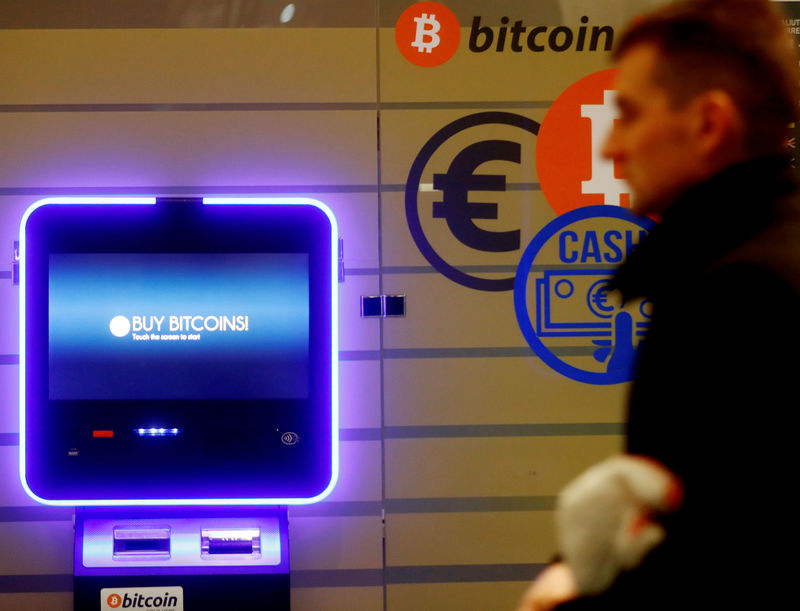Summary:
Bitcoin as a transformative force reshaping money and governance.
Addresses inflation and centralization challenges.
Offers financial stability and individual empowerment.
Middle East's youthful population and energy resources are key to its adoption.
Islamic financial principles align with Bitcoin's core values.
Bitcoin mining can monetize surplus energy and attract investments.
Bitcoin is not merely a technological innovation; it represents a transformative force reshaping our understanding of money, governance, and economic sovereignty. Through my exploration of its potential, I've come to believe that Bitcoin provides solutions to urgent global issues while promoting long-term stability and individual empowerment.
A Journey of Transformation
My journey with Bitcoin was catalyzed by systemic challenges like inflation and centralization. Starting a family shifted my focus toward legacy and sustainability, prompting me to adopt a lower time preference—central to Bitcoin’s philosophy. Unlike traditional fiat systems that promote short-term thinking, Bitcoin’s principles of scarcity and incorruptibility align with governance systems that value generational stability. This understanding became particularly clear during the Covid-19 pandemic, which exposed the fragility of global monetary frameworks and underscored the necessity of Bitcoin.
Bitcoin: A Tool for Freedom
Bitcoin transcends being a mere store of value; it serves as a tool for protecting freedoms and cultivating decentralized financial networks. Its potential is especially significant in regions like the Middle East and North Africa, where economic transformation is gaining momentum.
Unique Advantages of the Middle East
Countries in this region are ideally positioned to leverage Bitcoin due to their transition from oil-based economies to knowledge-driven sectors, abundant energy resources, and a youthful, tech-savvy population. For instance, Bitcoin mining can monetize excess energy while attracting investments in both renewable and traditional energy sectors. This dual advantage positions the region as a global leader in Bitcoin adoption.

Cultural Resonance
Cultural factors bolster Bitcoin’s appeal in the region. Islamic financial principles, which emphasize fairness, transparency, and incorruptibility, resonate with Bitcoin's core values. Additionally, the reliance on remittance-driven economies showcases Bitcoin’s effectiveness as a low-cost, borderless alternative to traditional finance. For nations aiming to empower underbanked populations and improve financial inclusion, Bitcoin is indeed a game-changer.
National Benefits of Bitcoin Adoption
On a national scale, Bitcoin adoption presents profound advantages. It allows governments to hedge against economic volatility, enhance transparency, and combat corruption. By reducing reliance on inflation-prone fiat systems, countries can amass reserves in an incorruptible, borderless asset. Such policies not only attract innovation and talent but also enable nations to thrive in a decentralized global economy.
Advancing Bitcoin Adoption
Organizations like JAN3 are pivotal in promoting Bitcoin adoption at the state level. By developing infrastructure, fostering policy innovation, and advocating for Bitcoin mining as a strategic asset, they unlock Bitcoin’s potential for achieving financial sovereignty. Mining can convert untapped energy into economic resilience, stabilizing power grids and creating new revenue streams.
Bitcoin's Broader Impact
Bitcoin’s transformative potential extends beyond individuals or corporations; it encompasses governments and entire economies. Events like Bitcoin Mena highlight how Bitcoin can tackle global challenges such as inflation and limited financial inclusion while positioning regions as leaders in innovation.
The world stands at a crossroads. By embracing Bitcoin, we can pave the way for a more stable, equitable, and decentralized financial future, fostering economic freedom and sovereignty for generations to come.








Comments